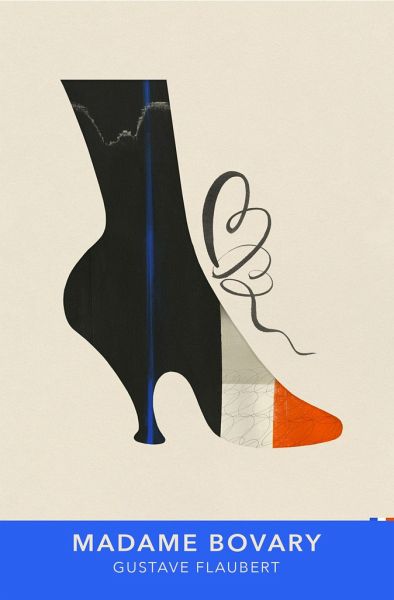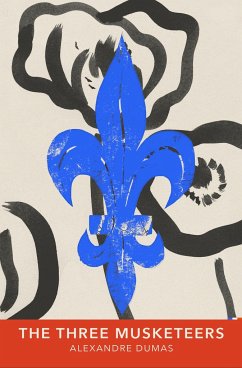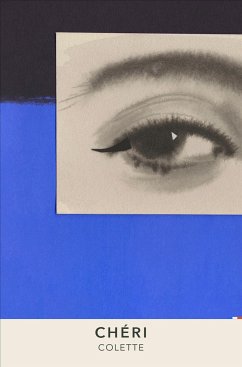
Madame Bovary
Vintage Classics French Series
Mitarbeit: Thorpe, Adam;Übersetzung: Thorpe, Adam

PAYBACK Punkte
4 °P sammeln!
Madame Bovary is one of the greatest, most beguiling novels ever written.Emma Bovary is an avid reader of sentimental novels; brought up on a Normandy farm and convent-educated, she longs for romance. At first, Emma pins her hopes on marriage, but life with her well-meaning husband in the provinces leaves her bored and dissatisfied. She seeks escape through extravagant spending sprees and, eventually, adultery. As Emma pursues her impossible reverie she seals her own ruin.'A great novel that is also an inexhaustible pleasure to read' GuardianA NEW TRANSLATION BY ADAM THORPEVINTAGE FRENCH CLASS...
Madame Bovary is one of the greatest, most beguiling novels ever written.
Emma Bovary is an avid reader of sentimental novels; brought up on a Normandy farm and convent-educated, she longs for romance. At first, Emma pins her hopes on marriage, but life with her well-meaning husband in the provinces leaves her bored and dissatisfied. She seeks escape through extravagant spending sprees and, eventually, adultery. As Emma pursues her impossible reverie she seals her own ruin.
'A great novel that is also an inexhaustible pleasure to read' Guardian
A NEW TRANSLATION BY ADAM THORPE
VINTAGE FRENCH CLASSICS - six masterpieces of French fiction in collectable editions.
Emma Bovary is an avid reader of sentimental novels; brought up on a Normandy farm and convent-educated, she longs for romance. At first, Emma pins her hopes on marriage, but life with her well-meaning husband in the provinces leaves her bored and dissatisfied. She seeks escape through extravagant spending sprees and, eventually, adultery. As Emma pursues her impossible reverie she seals her own ruin.
'A great novel that is also an inexhaustible pleasure to read' Guardian
A NEW TRANSLATION BY ADAM THORPE
VINTAGE FRENCH CLASSICS - six masterpieces of French fiction in collectable editions.













